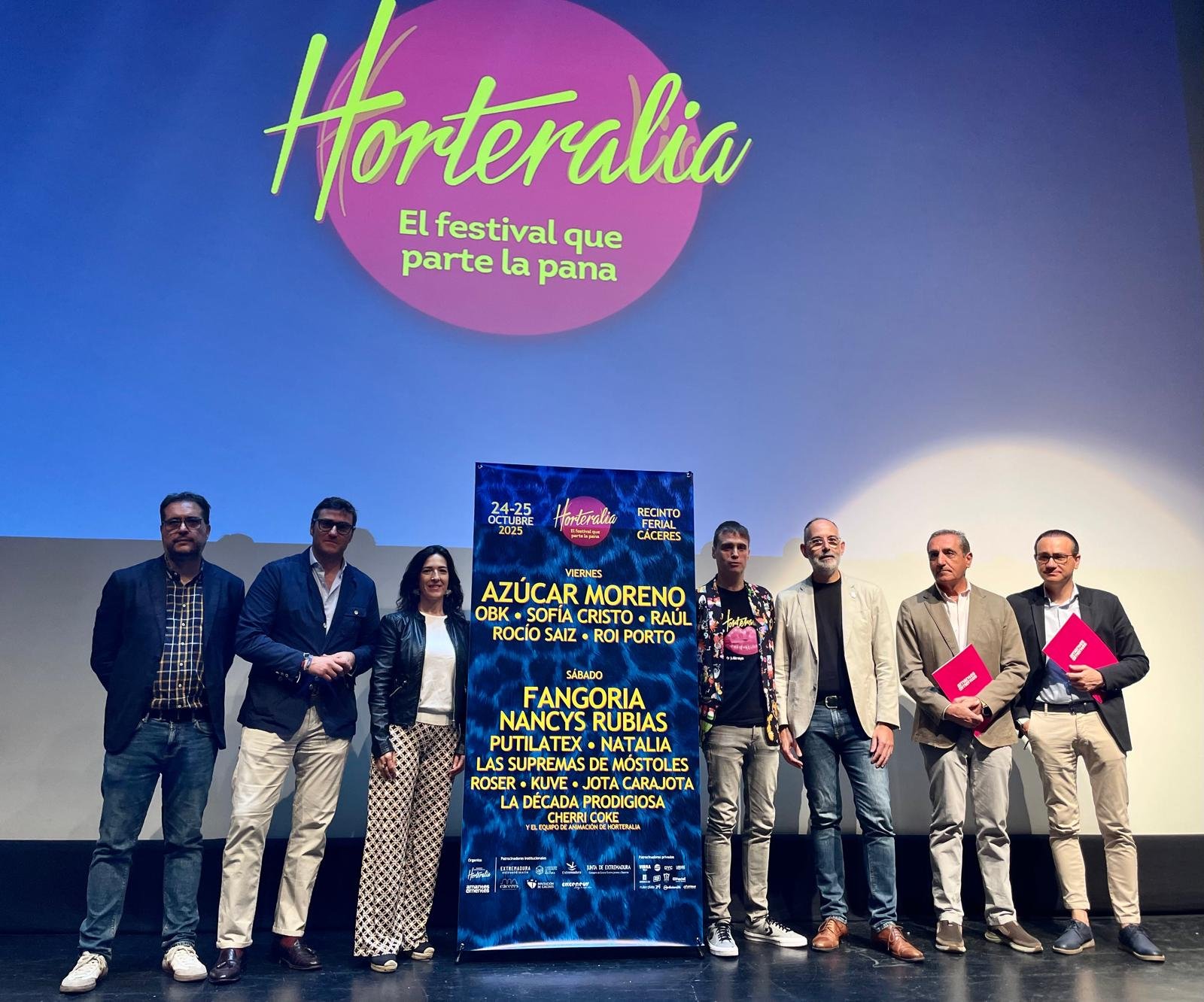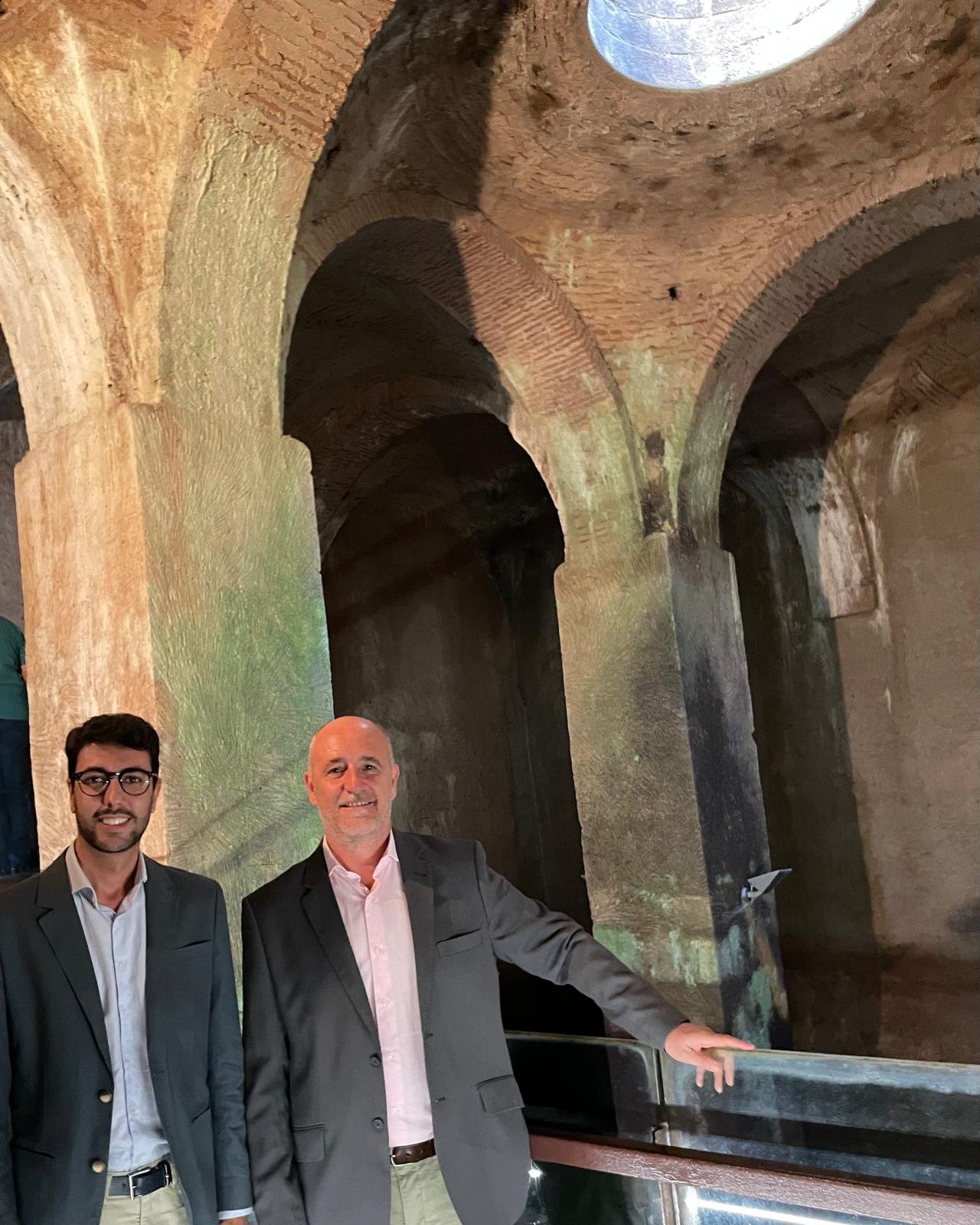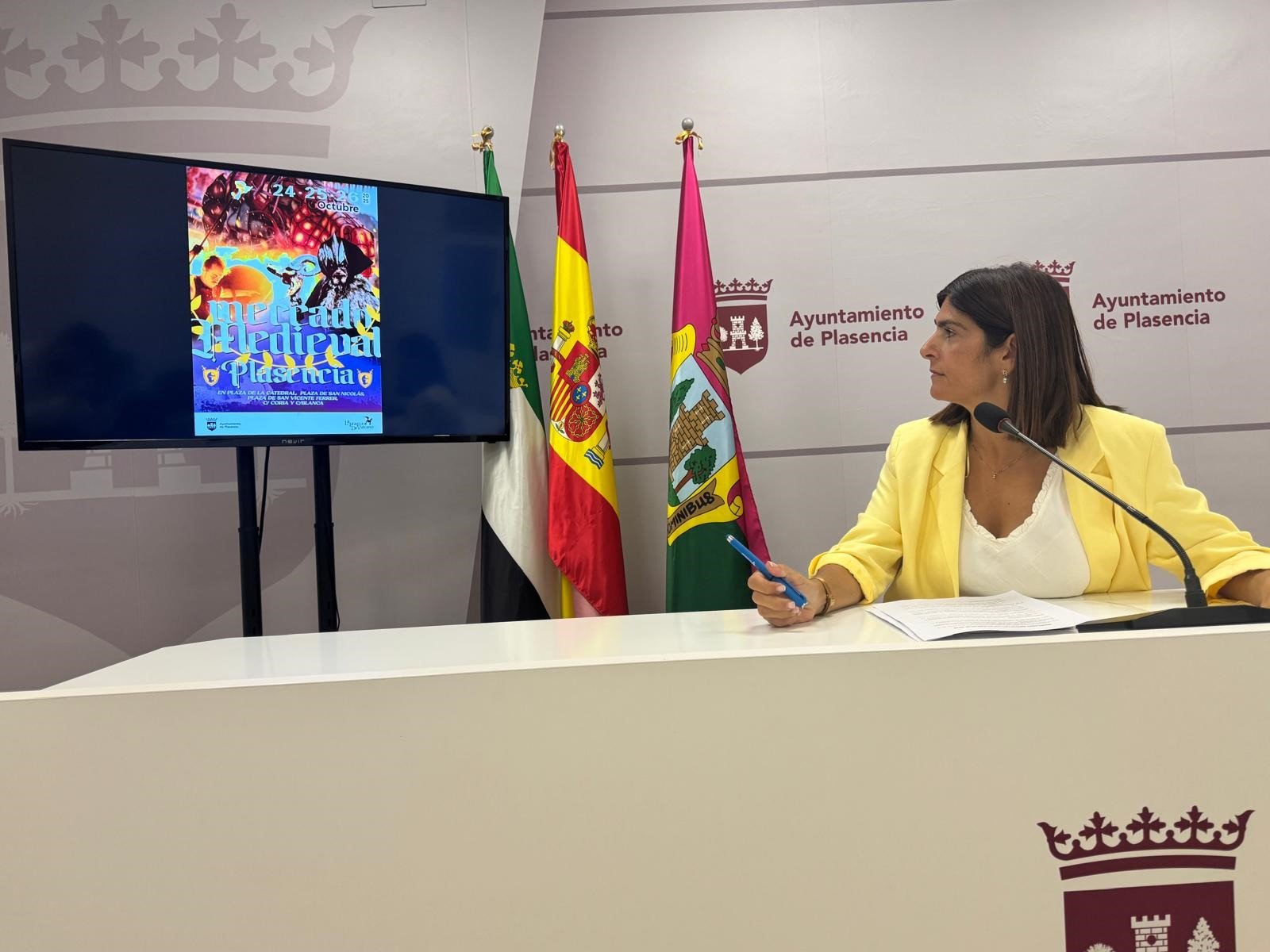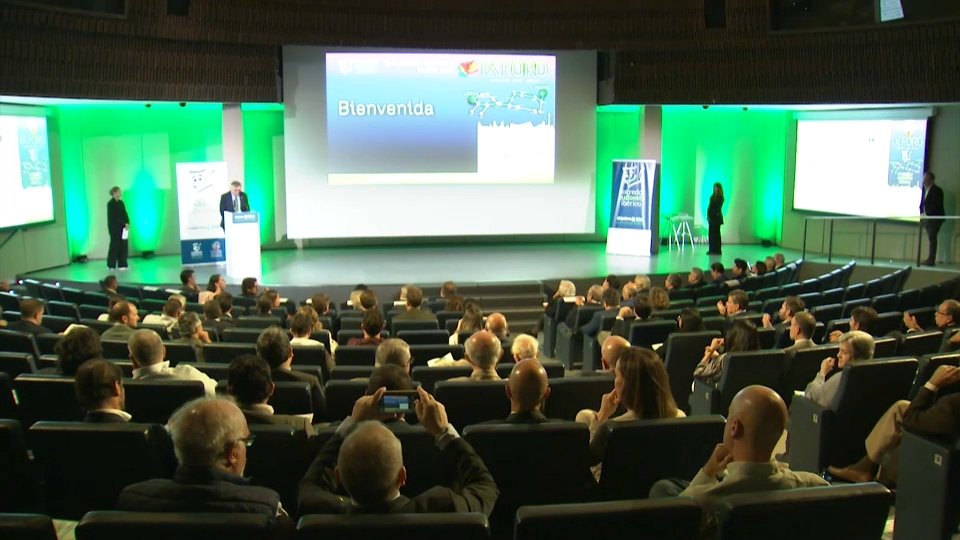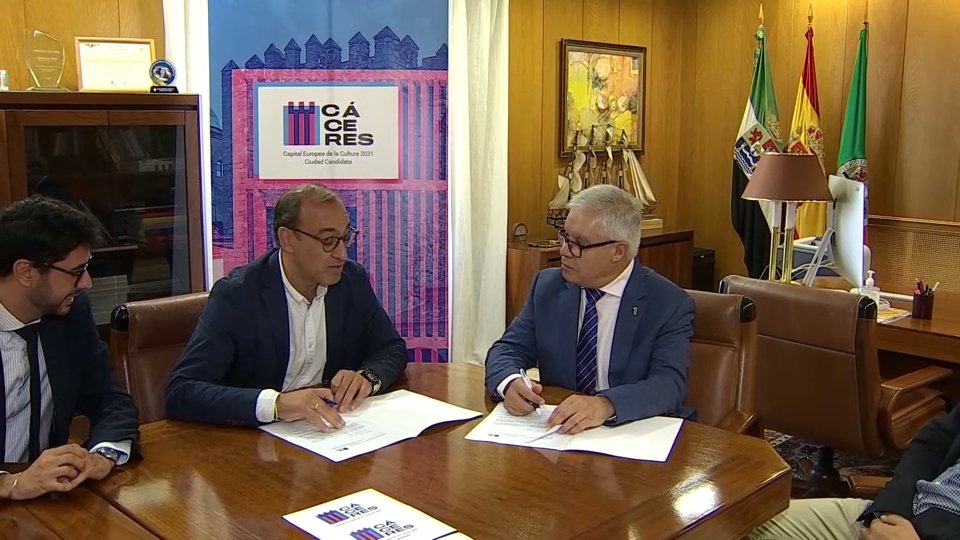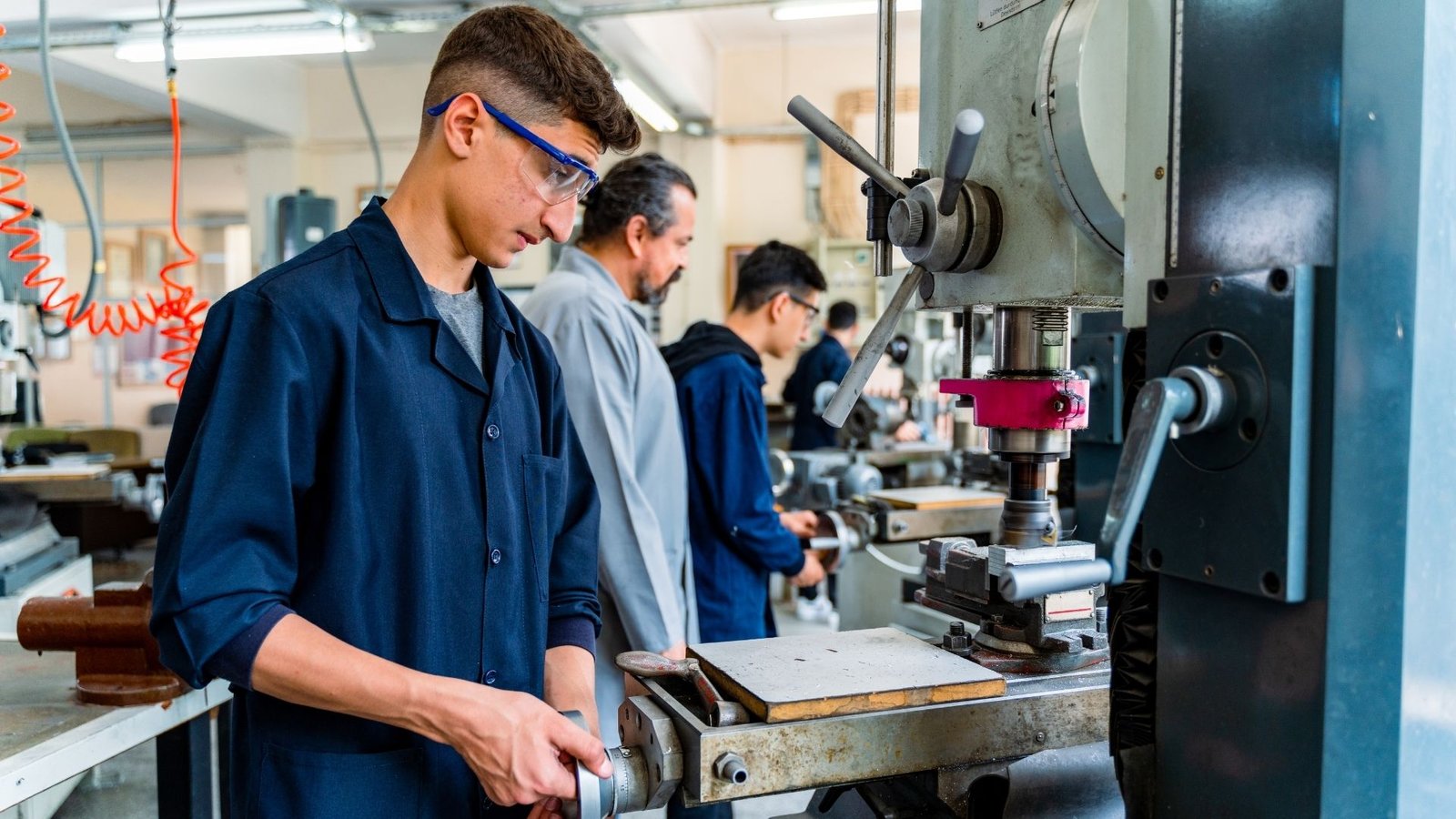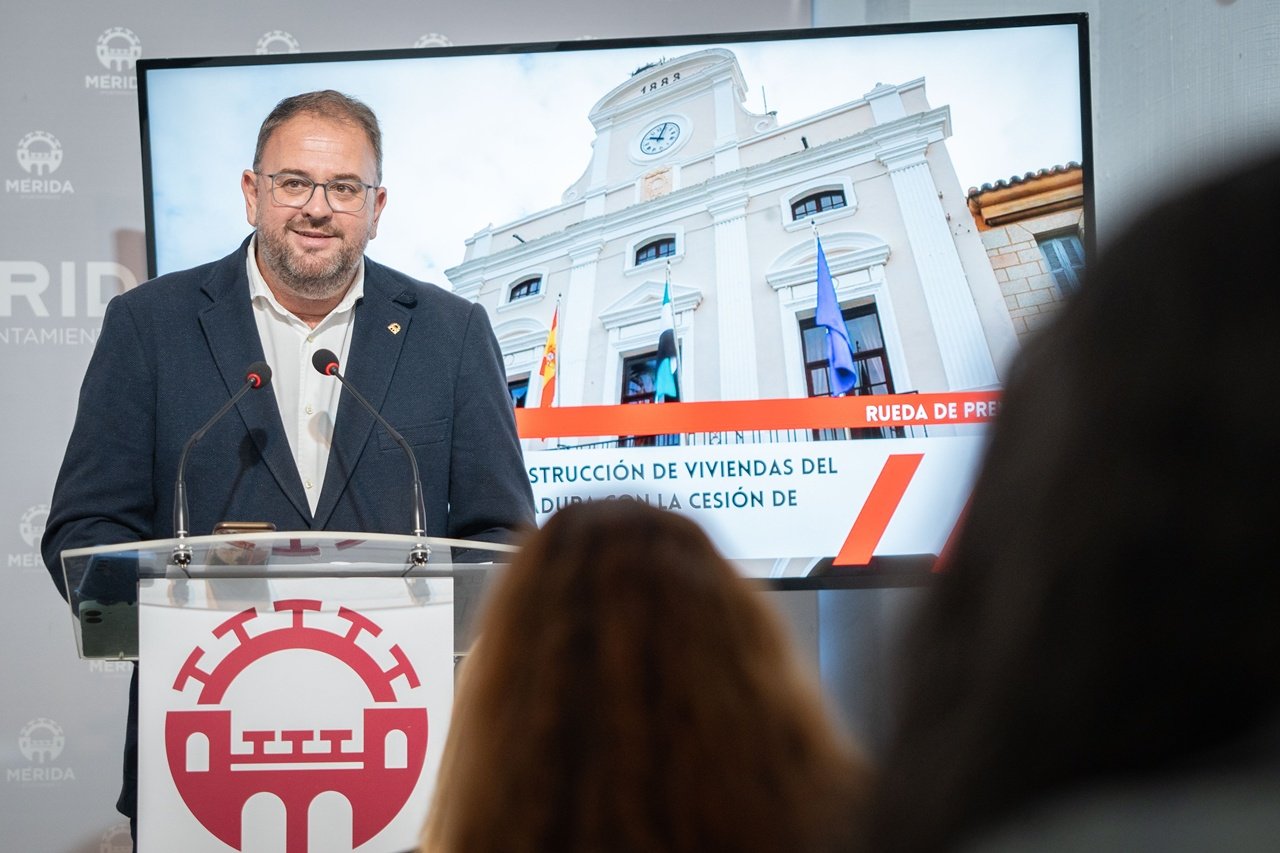La Policía Local de Plasencia detiene a un conductor por falsificar documentación durante los controles del fin de semana.
Además, se registraron cuatro accidentes con heridos leves y varias sanciones por infracciones de convivencia ciudadana. La Policía Local de Plasencia ha desarrollado este fin de semana diferentes controles de…
Celebran la importancia de Horteralia en Cáceres como parte de los festivales en español. Se llevará a cabo el viernes 24 y sábado 25 en el recinto ferial, con un servicio especial de autobús desde el parque José María Saponi.
# Festival Horteralia 2023: Un evento único que pone a Cáceres en el mapa de festivales El Festival Horteralia, que se celebrará el viernes 24 y el sábado 25 en…
Reapertura del aljibe del Centro de Divulgación de la Semana Santa tras casi tres años cerrado
Política de Cookies 1. ¿Qué es una cookie? Una cookie es un archivo que se descarga en el dispositivo de navegación al acceder a determinadas páginas web. Las cookies almacenan…
Miguel Poveda, la OEX y el Salón del Automóvil destacan en Extremadura.
Este fin de semana del 17 al 19 de octubre, Extremadura se convierte en el escenario de una amplia variedad de propuestas culturales y de ocio para disfrutar y sorprenderse.…
El Gobierno español mantiene el tramo del AVE Madrid-Lisboa para 2030 y culpa a Portugal del retraso.
España reafirma su compromiso con el AVE Madrid-Lisboa, a pesar de los retrasos previstos hasta 2034 según el borrador de Bruselas. José Antonio Sebastián, Comisionado del Gobierno para el Corredor…
Plasencia experimenta un aumento del 12,3% en usuarios del autobús urbano en los primeros nueve meses de 2025
Asimismo, se trabaja en un nuevo sistema de control mediante cámaras de lectura de matrículas y pilonas automáticas, con el objetivo de reforzar las restricciones en momentos de alta afluencia.…
La Universidad de Extremadura respalda la candidatura de Cáceres a Capital Europea de la Cultura 2031
La Universidad de Extremadura ha formalizado su respaldo a la candidatura de Cáceres como Capital Europea de la Cultura en 2031, uniéndose así a otras entidades destacadas de la región…
Convocatoria de pruebas de aptitud para la obtención del Permiso Municipal de Conducción de vehículos auto-taxis (2-2025)
Cookies estrictamente necesarias y técnicas: estas cookies son necesarias para que este sitio web funcione correctamente y no se pueden desactivar a través del panel de configuración de cookies de…
Avanza caso por fraude contra Salvador Catrain en Nueva York.[embed]https://www.youtube.com/watch?v=1yGzP98jT9o[/embed]
![Avanza caso por fraude contra Salvador Catrain en Nueva York.[embed]https://www.youtube.com/watch?v=1yGzP98jT9o[/embed]](https://noticiaextremadura.es/wp-content/uploads/2025/10/Avanza-caso-por-fraude-contra-Salvador-Catrain-en-Nueva-Yorkembedhttpswwwyoutubecomwatchv1yGzP98jT9oembed.jpg)



